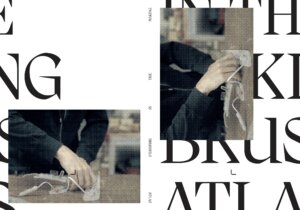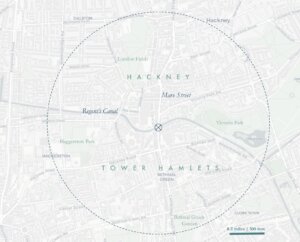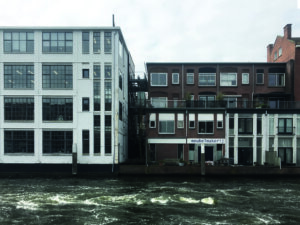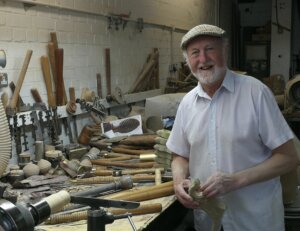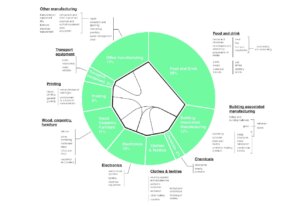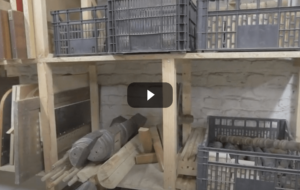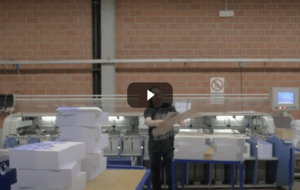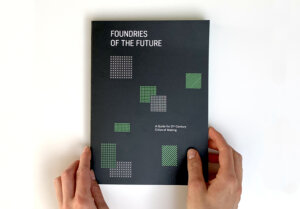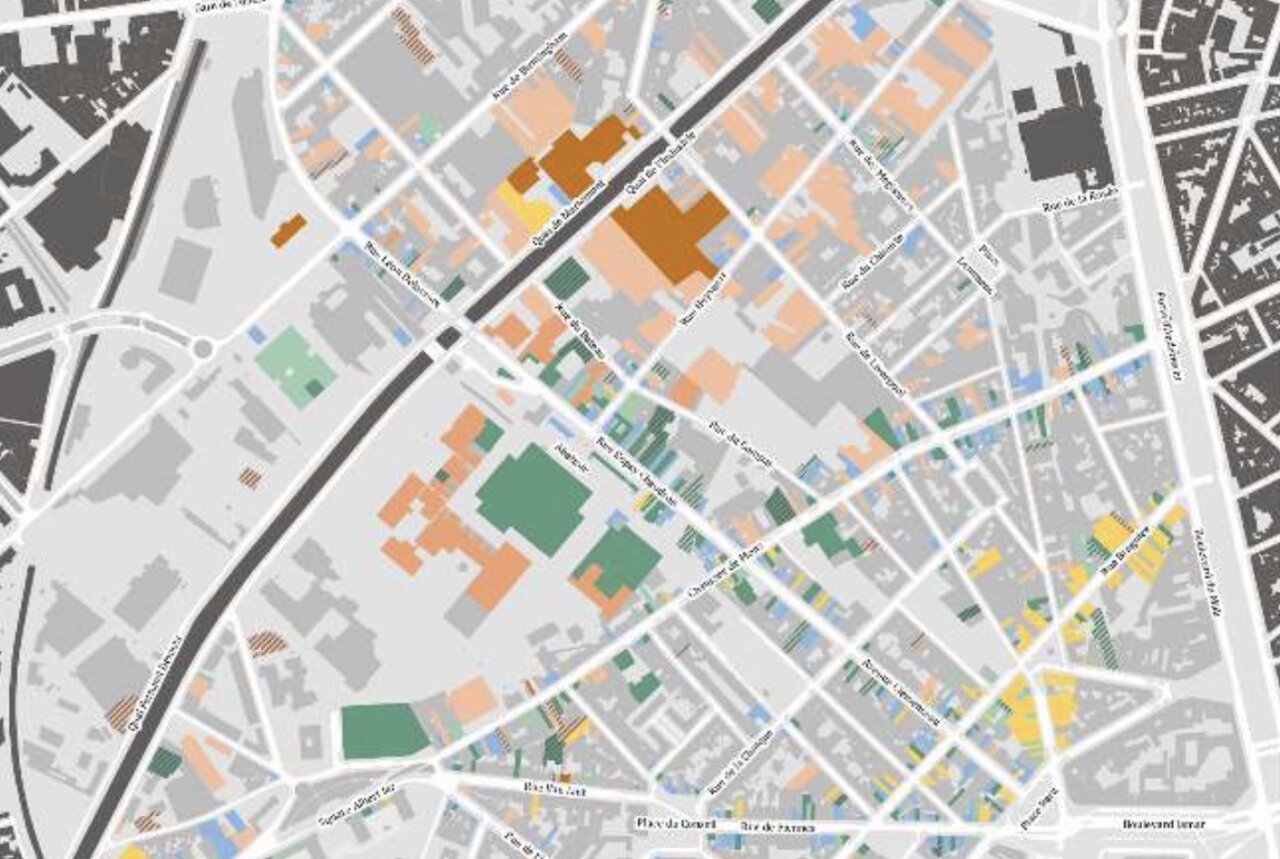
Who benefits from productive activities? Analysis of the case of Cureghem
Since 2010, the role of productive activities in the city has become more and more a subject of discussion among many Brussels institutional and academic stakeholders dealing with urban and economic transformations.
Space for SMEs in the city has been a hot topic in Brussels circles concerned with urban and economic transformation for several years now. Several analyses show that the situation in the Brussels Capital Region is worrying: SMEs are leaving the city. VUB researchers Alexandre Orban and Fabio Vanin, in collaboration with Corentin Sanchez-Trenado of ULB, therefore examined production activities in the Cureghem district of Brussels. They found that new, trendy production activities are succeeding in staying, resulting in gentrification. “These new production activities contribute to the gentrification of Cureghem, while the old activities have just slowed down this process and are still slowing it down. The new production activities attract wealthier customers but do not bring many stable jobs”, says VUB researcher Alexandre Orban.
Between 1997 and 2011, more than a million square metres of production space disappeared in Brussels and were moved to locations outside the city. In itself, this is not a new or typical Brussels phenomenon; in the past, many Western European cities were also confronted with it. Nevertheless, the Belgian capital stands out because of the intensity and speed of the process. Whereas Brussels was still the largest industrial city in the country at the beginning of the 1960s, today manufacturing activities only account for a small part of the urban space. The industrial sectors in Brussels account for some 22,000 jobs, barely 3% of the total wage labour force. The cause is to be found in increasingly fierce competition for urban space with housing, offices and retail, and in the fact that the Brussels economy is increasingly turning to the service sector.
Old and new production activities in Cureghem
However, some production activities do manage to develop in the urban environment, and these are new SMEs. Urban agriculture projects, food processing activities, fab labs, etc. receive a lot of public support, easier access to land and subsidised jobs.
“In Brussels, it is especially important to put the functions that promote the attractiveness of the area first in the competition between regions, such as the organisation of events and the construction of large cultural and sports facilities. The production activities that are least in line with the interests of decisive territorial development actors are often pushed out of the city,” concludes VUB researcher Fabio Vanin.
Text translated from the VUB’s press release*.
